Exploring the Science Behind CBD Dosage and its Effects on the Body
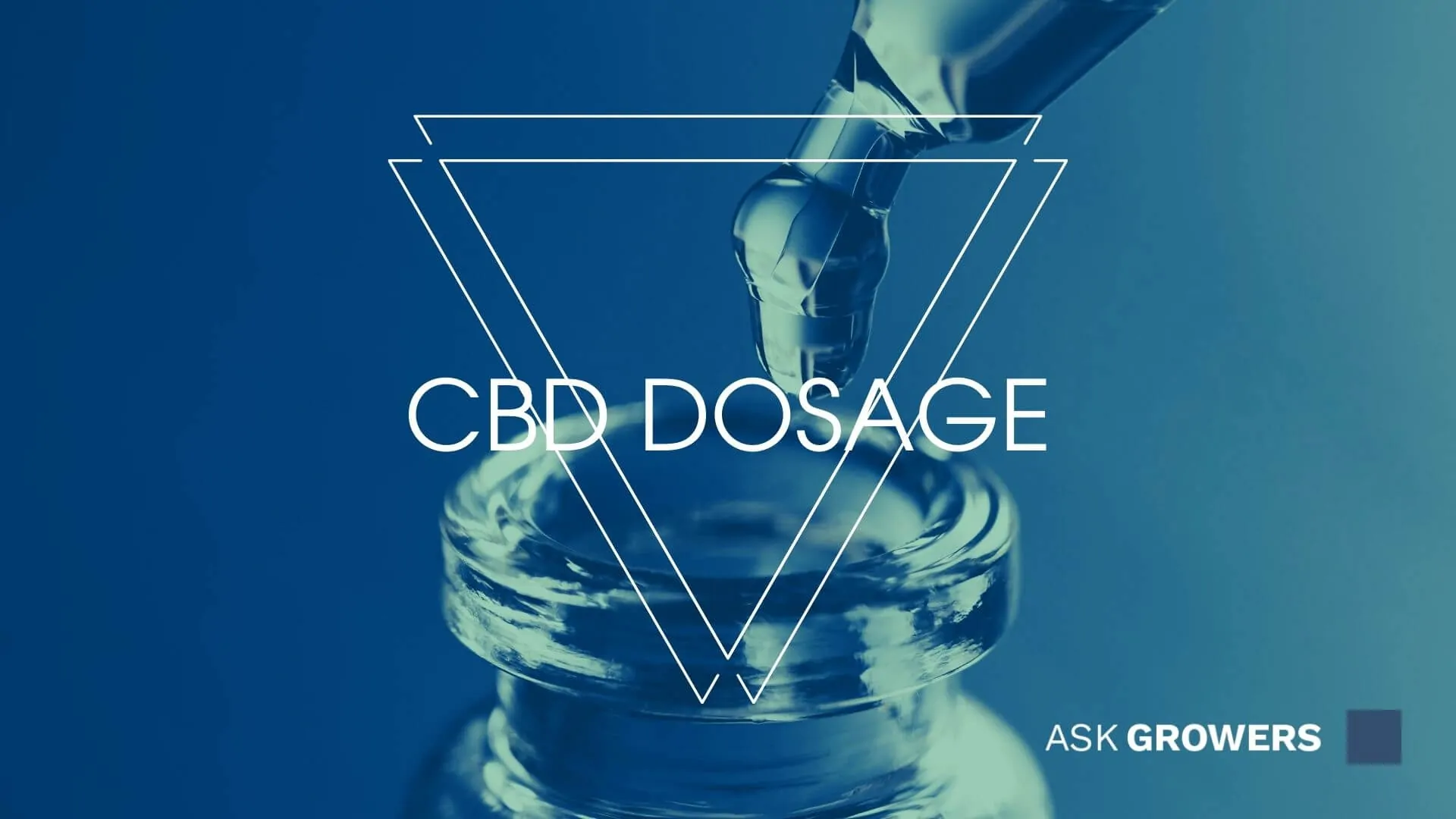
Cannabidiol, known as CBD, is one of the chemical compounds of the hemp plant. Unlike THC, the psychoactive cannabinoid, cannabidiol is non-intoxicating, making it a suitable treatment for people seeking symptom relief without the mind-altering effects of marijuana. It’s quickly gaining momentum among health researchers due to many incipient studies indicating its ability to provide relief for numerous symptoms, including anxiety and chronic pain. The detailed guide below explores how much CBD to take.
Uses and Dosages
CBD oil does not come with a standard dose. This is because the right amount depends on the body weight, your unique body chemistry, the condition you want to treat, and the concentration of CBD you should take, depending on its form (i.e., capsule, pill, edibles, drops, oil, and more) that can be ingested, smoke, placed under tongue (sublingual), and more. As a result, there are numerous variables to take into consideration when deciding the right dose for your needs. CBD is not currently regulated by the Food and Drug Administration (FDA), so there is no official recommendation.
The best way is to discuss with your doctor if you decide to take CBD. They might be able to recommend the appropriate CBD dosage for your needs, so you should stick to it. Definitely, the best solution is to start with a small starting dose and increase it progressively. This means to start with 20 to 40 mg per day, which is the optimal initial CBD dose. You can increase the CBD dose by 5 mg each week until you benefit from efficient symptom relief. However, the dosage should not be increased too often. This can lead to various side effects. And since CBD is cumulative, we recommend that you wait at least a week before increasing your dosage. Be careful with high dosages. Some studies have also shown that high dosages of CBD can be detrimental to the liver.
The dependence of dosage and body weight was also noticed. Approximate dosages are 1-3 mg CBD per 10 pounds. Thus, people with more weight should take higher doses than people with less weight. It is not relevant whether or not you take it with food. But since CBD can cause drowsiness, taking it before bed is a could be a good decision.
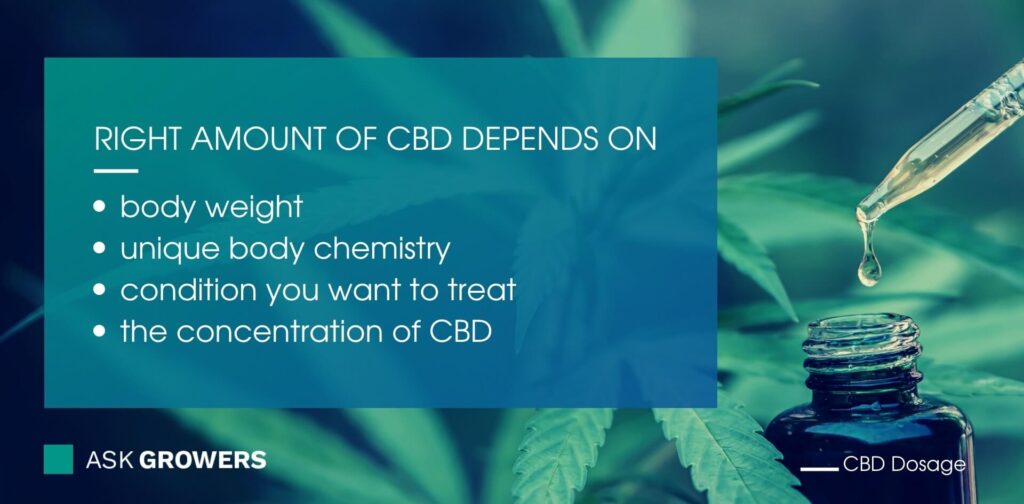
CBD dosing depends on what form you choose, so make sure you read the instructions before taking any. For example, a bottle of CBD capsules might state on the label that there is 5 mg of CBD for each capsule. A bottle of CBD oil could show how much CBD is in one drop, so you can figure out how many drops to use.
Read Also: Are CBD Cigarettes Safe? Potential Risks & Benefits Compared to Tobacco
What Does CBD Do?
Our brain consists of numerous neurons, a type of highly specialized cell. Each of them connects to numerous others through synapses. The cells communicate with each other by sending neurotransmitters via these connections.
Neurons require receptors that match the neurotransmitters it receives, otherwise, it cannot respond to these signals. All of our neurons have different receptors, so each cell can respond to some neurotransmitters, but not all of them.
There are natural neurotransmitters, such as serotonin or dopamine. Neurons can also respond to neurotransmitters produced by plants, such as CBD and THC, so there are different things that the normal hemp extracts can do to the brain. In other words, when someone consumes CBD, the neurotransmitters produced by the plant enter the body and reach the brain through the bloodstream. In the body, the plant-derived neurotransmitters affect brain activity by interacting with neurons using receptors. However, they do not interact with all of our neurons, only those that have the right receptors.
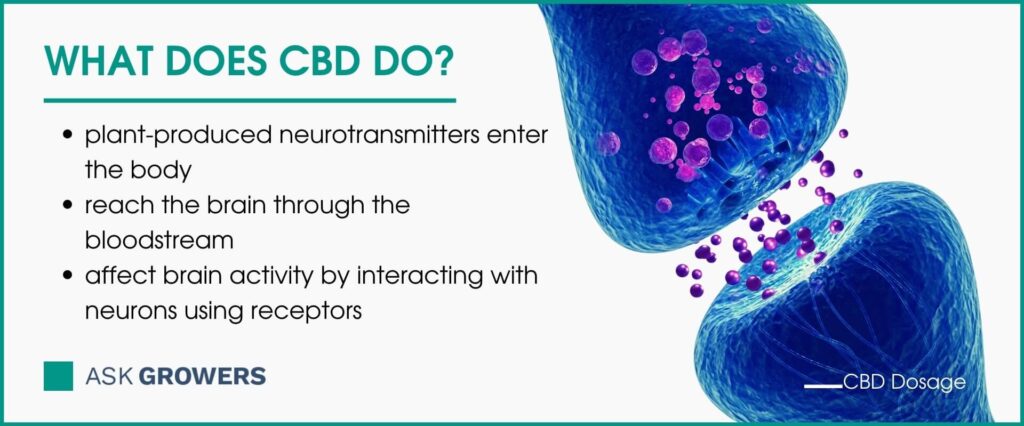
There are two classical cannabinoid receptors in our brain, CB1 and CB2. CBD does not directly interact with these receptor systems. This is partly why cannabidiol is non-intoxicating for humans, unlike THC. In addition to this interaction, CBD also increases the level of natural cannabinoids by constraining the enzymes that usually break cannabinoids down.
Moreover, cannabidiol works on many other receptor systems. For example, they can influence the opioid receptors which regulate pain. The opioid receptors are the main target for medication, such as painkillers, but also morphine, fentanyl, and other drugs. CBD has influence over the dopamine receptors, too, which regulate cognition and elements of behavior, including motivation.
Read Also: How Does CBD Work
CBD’s impact on the dopamine and opioid receptors helps with treating addiction, dampening cravings, and soothing withdrawal symptoms. However, more research is needed to draw a clear picture; a few animal studies showed that CBD has an impact on serotonin receptors which can decrease drug-seeking behavior.
In addition to this, it also helps with anxiety, a common cause of insomnia; this supports the premise that CBD can positively affect the body and the quality of sleep by alleviating symptoms of anxiety, depression, and create a state of calmness that relaxes the body.
Finally, CBD can bind to the Vanilloid receptors. Also known as TRPV1, it is often called “Vanilloid” because it is similar to the vanilla bean which contains an essential oil that has analgesic and antiseptic properties. When CBD binds with the Vanilloid receptor, it triggers a process that relieves pain, reduces inflammation, and regulates body temperature.
In short, the benefits of CBD consumption include:
- Pain relief
- Reduced inflammation
- Alleviates anxiety and depression
- Cancer-related symptoms, such as nausea and vomiting
- Helps to treat acne and other skin conditions
- Has neuroprotective properties aiding in conditions like multiple sclerosis and epilepsy
Read Also: How to Choose the Best CBD Treats for Horses' Health
Researches
Although CBD has gained popularity only recently, marijuana has been used to treat pain since 2900 BC. As mentioned above, CBD impacts the cannabinoid receptor activity, helping to regulate a wide range of body functions, including appetite, sleep, pain, and the immune system.
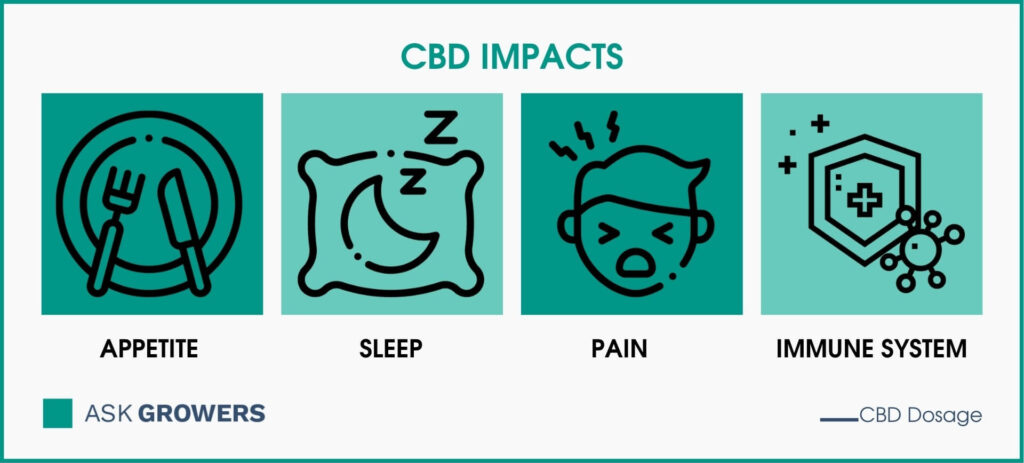 A study showed that the CBD treatment helped to significantly reduce inflammation and sciatic nerve pain, while another concluded that CBD injections significantly decreased the pain response to a surgical incision. There is more research showing that CBD helps to relieve pain associated with rheumatoid arthritis leading to improved sleep quality, and less discomfort during movement and at rest.
A study showed that the CBD treatment helped to significantly reduce inflammation and sciatic nerve pain, while another concluded that CBD injections significantly decreased the pain response to a surgical incision. There is more research showing that CBD helps to relieve pain associated with rheumatoid arthritis leading to improved sleep quality, and less discomfort during movement and at rest.
Anxiety and depression can also be treated with CBD. In a Brazilian study, 57 men received CBD before public speaking and it was proved that a dose of 300 mg oral CBD considerably reduced anxiety. However, they concluded that 150 mg and 600 mg doses had little to no effect.
CBD is extremely promising for cancer patients. One study examined 177 people with cancer-related pain that were not responsive to standard pain medication. People who received both THC and CBD extracts reported significant pain reduction, while another study concluded that a 1:1 ratio of CBD and THC administered using a mouth spray led to reduced nausea and vomiting caused by chemotherapy.
Acne affects more than 9% of adults and it’s caused by increased inflammation, overproduction of sebum, genetics, or bacteria. Scientific research concluded that CBD helps to treat acne due to its ability to reduce inflammation and sebum production.
Many researchers believe that CBD can help people with neurological disorders due to its impact on the endocannabinoid system. The most studied use of CBD is, in fact, the one related to the treatment of epilepsy and multiple sclerosis. In these cases, the dosage was established by weight. People with severe epilepsy were given a high dose between 0.9 grams and 2.3 grams of CBD oil per pound of body weight, leading to effective seizure reduction by up to 36.5%.
Talk to Your Doctor
Before you take CBD, make sure you talk to your doctor regarding potential side effects, risks, and the recommended dosage, although there are no serious risks in case of overdose. If your healthcare provider tells you how much to use, make sure you follow their recommendation, especially if you take prescription medication with CBD. You should still keep in mind that, similar to other substances, CBD can interact with other medications you take or lead to side effects.

 Guides
Guides
 CBD
CBD
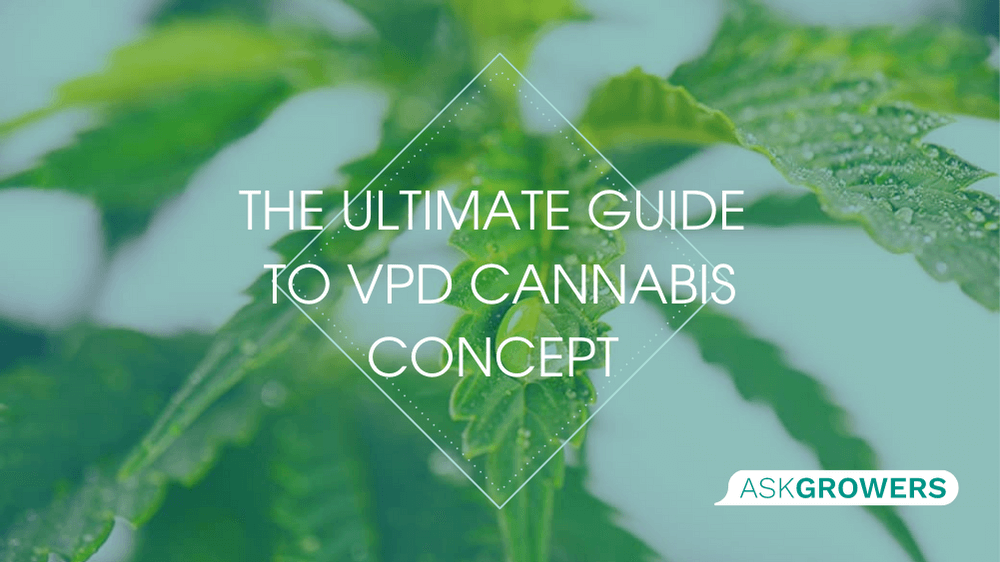
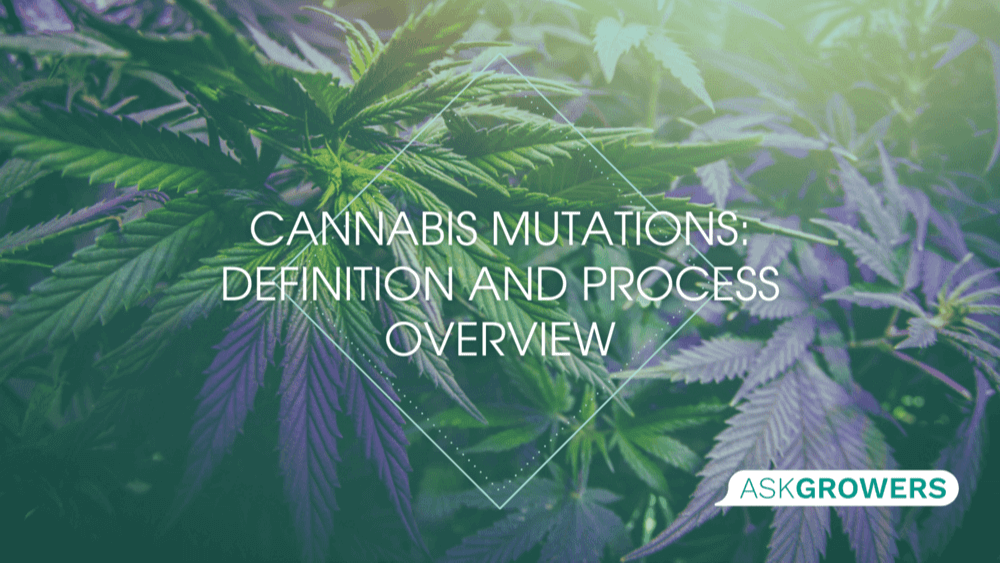
.png)
.png)


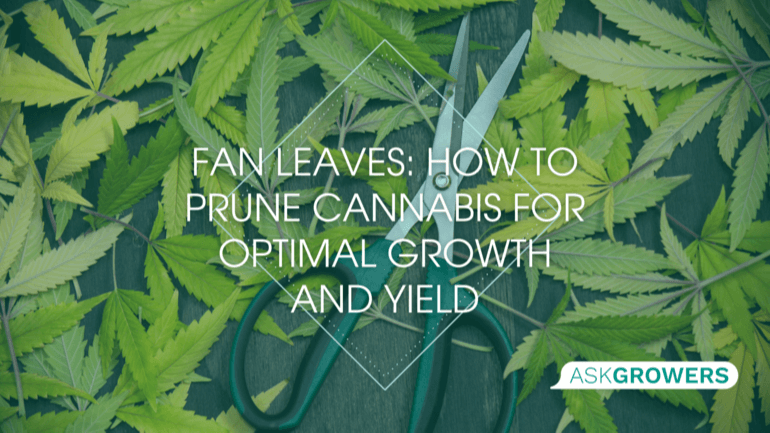
 (1).png)
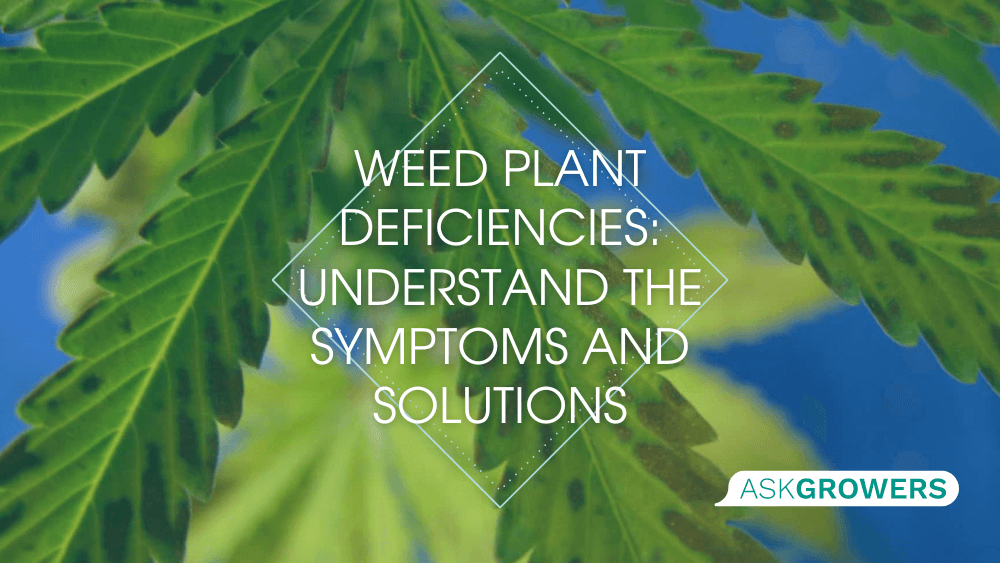
.jpg)

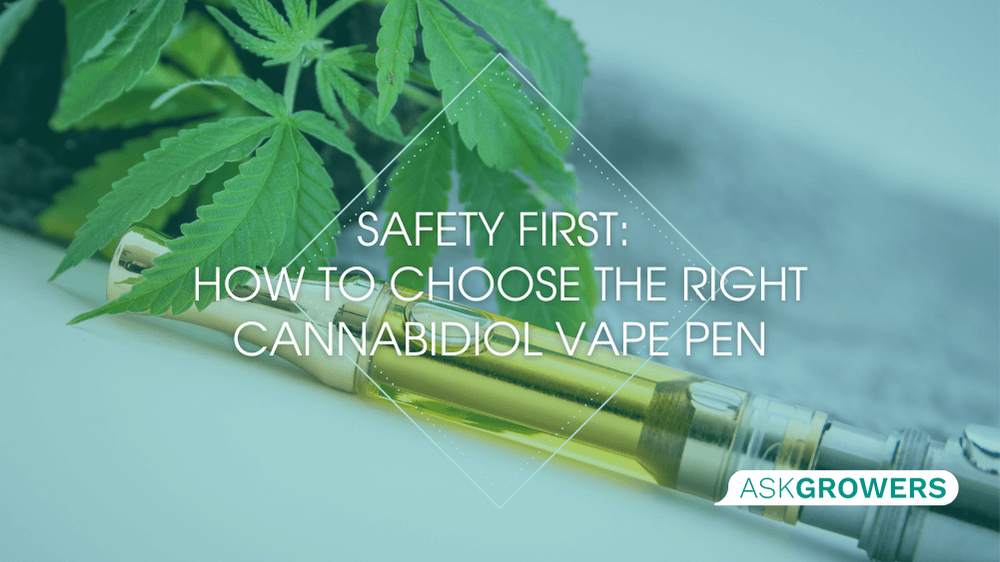
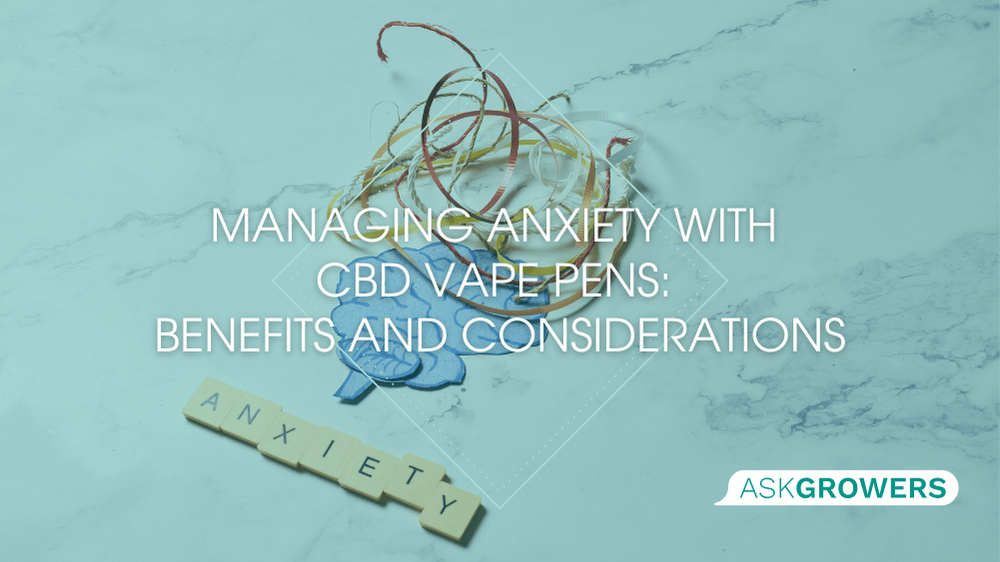
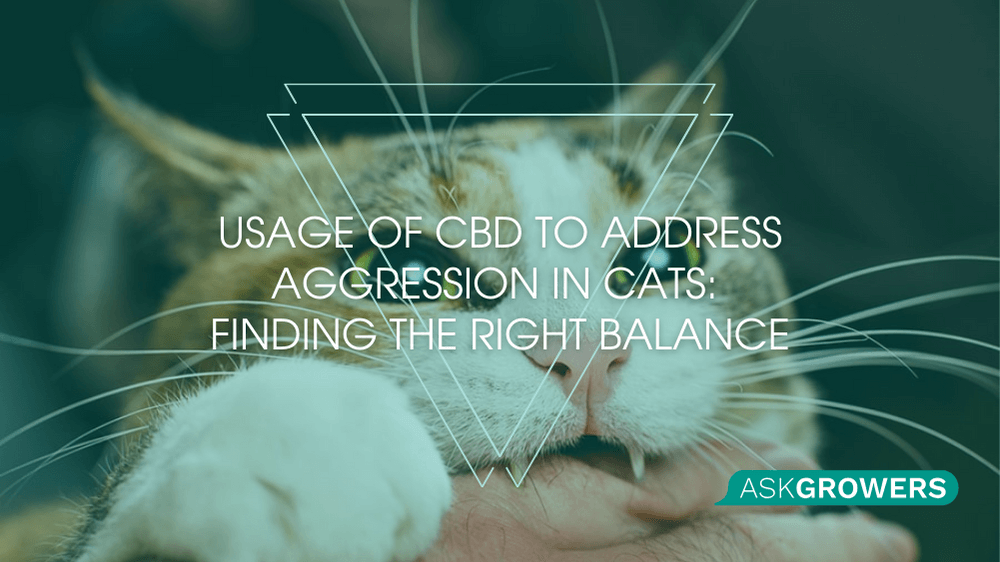
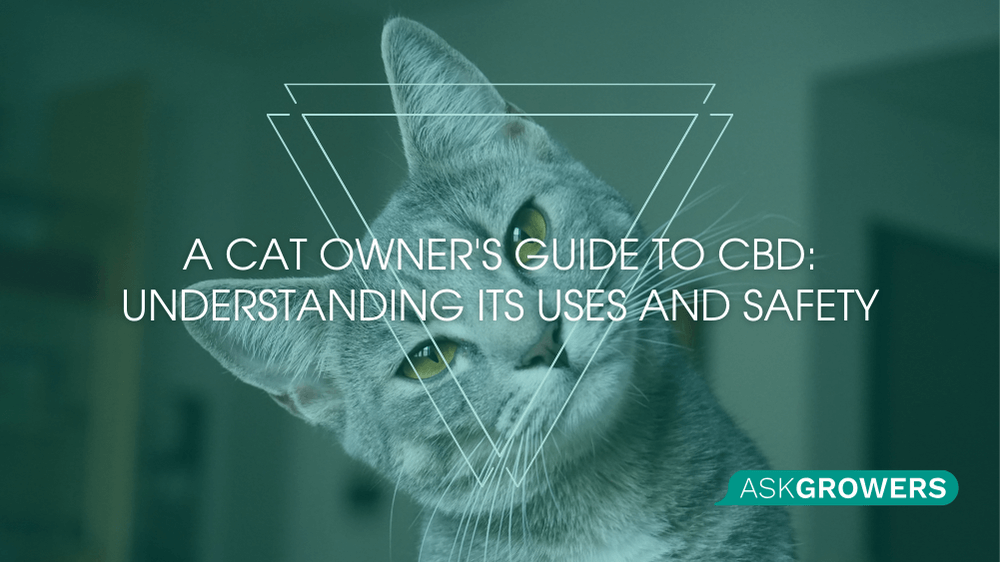
Be the first and share your opinion
Write a Review